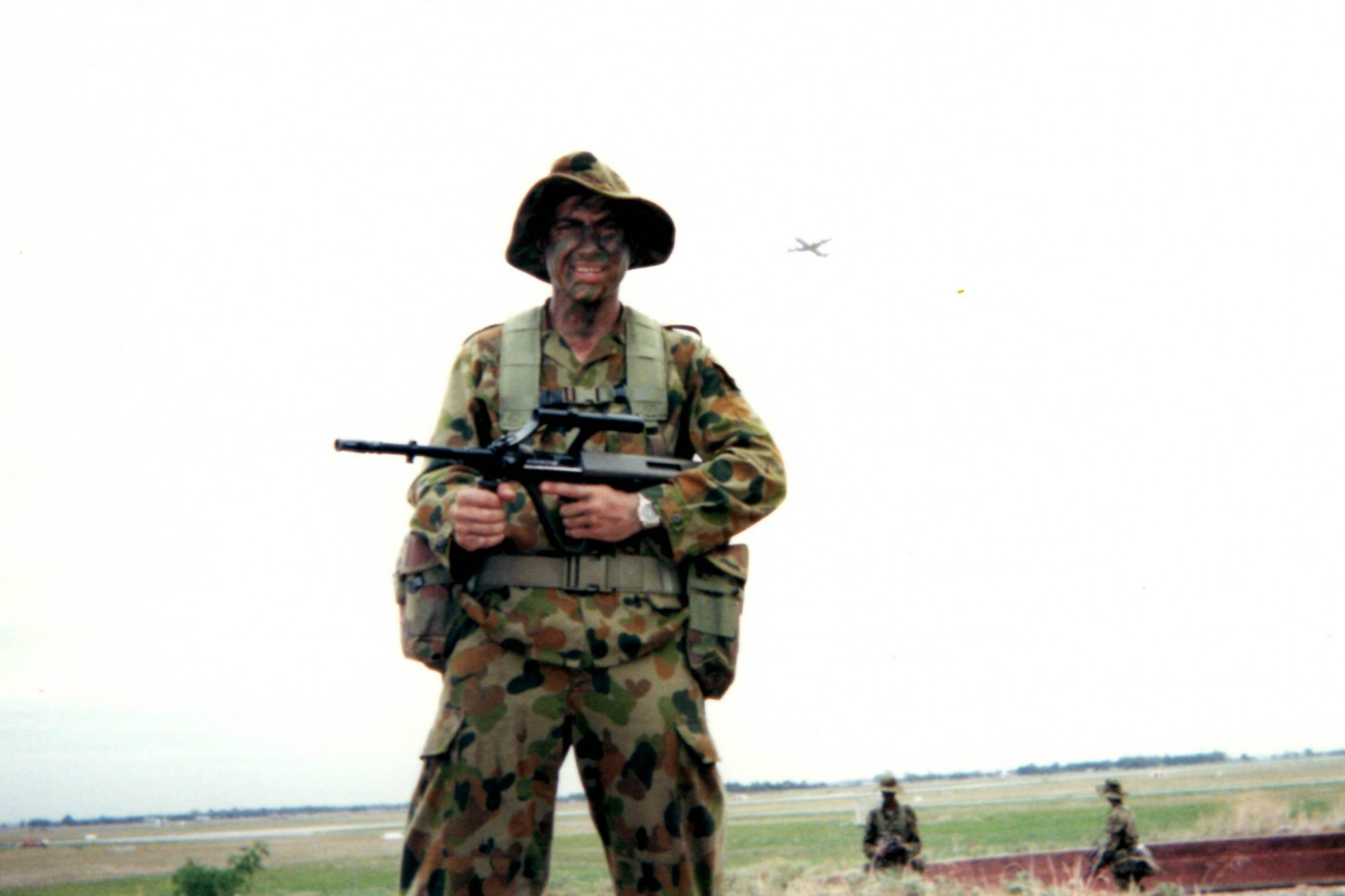General News
26 March, 2021
Veterans made to feel expendable
MEASURES assisting military personnel with injuries and Post Traumatic Stress Disorder (PTSD) to stay within the military, or transition out gradually, would help to address the unacceptably high levels of veteran suicide, according to a local veteran.

Measures assisting military personnel with injuries and Post Traumatic Stress Disorder (PTSD) to stay within the military, or transition out gradually, would help to address the unacceptably high levels of veteran suicide, according to a local veteran.
Returned Services League (RSL) Gordonvale sub-branch member Attilla Feher-Holan served in the air force from 2000 to 2008 and said he had seen many colleagues take their lives over the years.
Mr Feher-Holan said after dedicating their whole adult life to serving their country, Australian Defence Force (ADF) personnel who sustained injuries or admitted to depression or PTSD were “ostracised,” and “cast aside.”
“Defence members currently feel that when they leave the force, it’s a case of ‘don’t let the door hit you on the way out.’ It’s like being disowned by your family,” he said.
“It’s an absolute disgrace that they treat veterans as expendable.
“These guys don’t want to leave the defence force, they know they’re fixable, they know they can find a way through it.
“But if they mention that they’re having issues, they straight away get taken out of the system and set aside, which just causes them to suffer more issues - it’s a snowball effect.”
His comments come after the federal government passed a motion on Monday to instigate a Royal Commission into Veteran Suicide.
Member for Leichhardt Warren Entsch and Member for Kennedy Bob Katter both spoke in support of the Royal Commission.
From 2001 to 2017, there were 419 suicides in serving, reserve and ex-serving ADF personnel who have served since 2001.
A study by the Australian Institute of Health and Welfare found the suicide rate for male ADF personnel was half that of other Australians while serving, but 18 per cent higher once they left the forces. For women the suicide rate was also higher after leaving the ADF.
“It’s hard for a civilian to understand, but transition from military to civilian life is a very traumatic experience,” said Mr Feher-Holan.
“I chose to leave the military, and it was hard for me, but for those who don’t get a choice and have to leave due to injury or illness, it’s even harder.
“Most join when they’re 17 or 18, and the military life is all they know, then they come out into a civilian world that’s very foreign to them.
“Your military brothers are your support network, and suddenly you are cut off from them.
“For these guys it is a real emotional strain and some of them have already got emotional baggage from conflicts.
“To be thrown out into the civilian world and forgotten is just an abomination.”
Mr Feher-Holan is in the process of drawing up a program which he hopes the government will adopt to help veterans transition to civilian life.
“There are ways to mitigate the problem, which would cost the government very little, which would go a long way to giving veterans an opportunity to transition easily from military to civilian life, and give access to the support they need,” he said.
“The systems and services are already in place for these guys. It’s just a matter of giving them the opportunity to move from military to civilian life at a pace that suits them, while still having that contact and bond with their brothers until they can develop a new family in the civilian world.”


